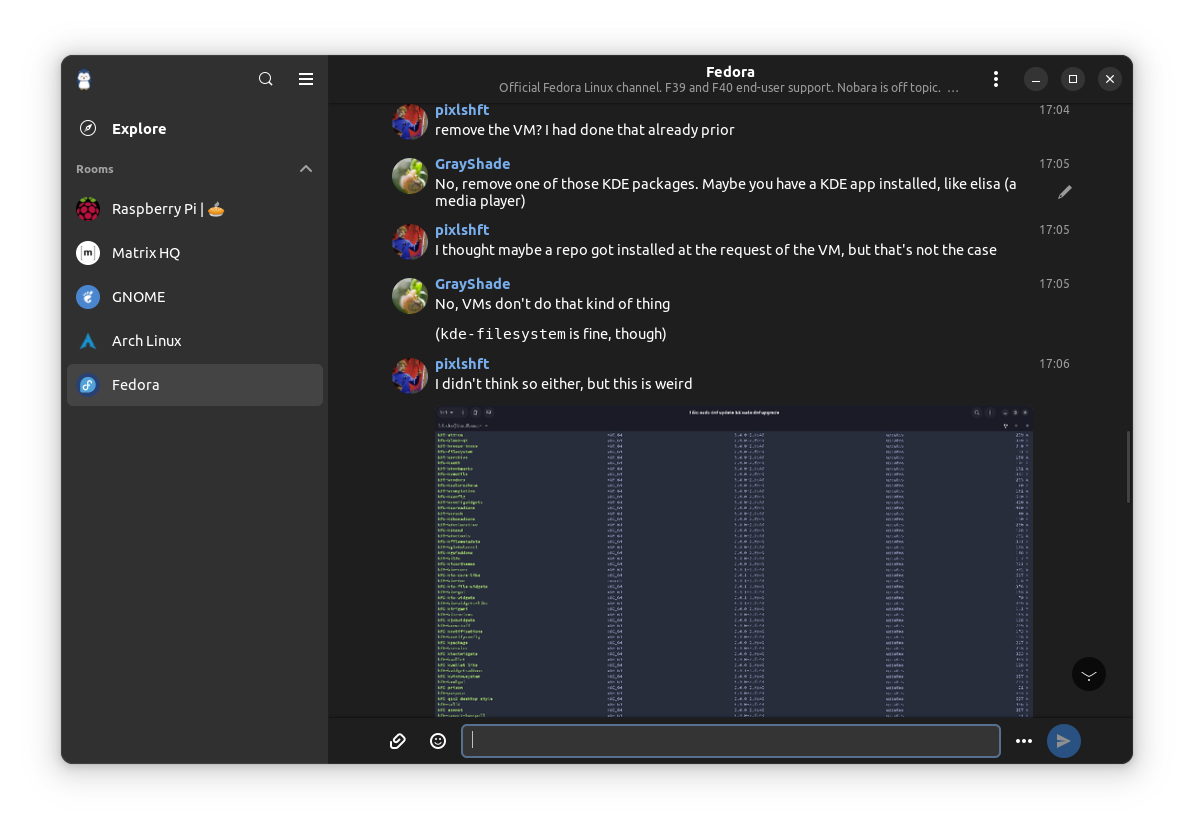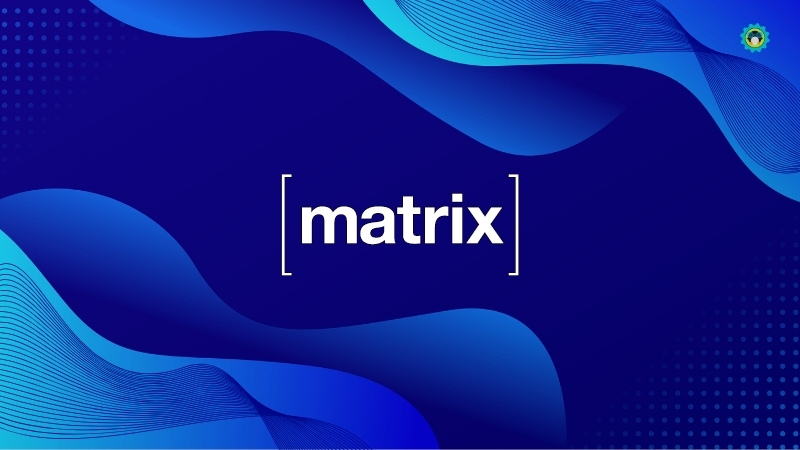
Fractal is undoubtedly one of the best Matrix clients for decentralized messaging around. Even though it's tailored for the GNOME desktop environment, its features and portability ensure that it can be used on most popular Linux distros comfortably.
Did I mention it's Rust-based?
Well, its developers have recently introduced a new release that features some important quality-of-life upgrades.
Let's take a look without further ado. 😃
🆕 Fractal 8: What's New?

We start off with the upgrades to drafts. Unsent typed messages are now stored separately, on a room-by-room basis, and are not lost on application restart. The latter was made possible by due to tweaks in the database code.
Similarly, there is now support for authenticated media, improvements to the mention behavior (sent intentionally), fixes for the history media viewers, a new banner that shows up when synchronization with a homeserver fails, and a streamlined verification and account recovery process.
The developers have also brought about persistence for collapsed categories in the sidebar across application/system restarts, with the “Historical” category being collapsed by default.
Additionally, they have implemented more robust HTML rendering, and code blocks now have support for syntax highlighting. Lists also see some useful refinements, with those now having the ability to be nested, and numbered lists being able to start with a random number.
📥 Download Fractal 8
The most straightforward way to get this release of Fractal is by getting it from the Flathub store. If you are interested in the source code, then head to its GitLab repo.
Suggested Read 📖

- Even the biggest players in the Linux world don't care about desktop Linux users. We do.
- We don't put informational content behind paywall. Your support keeps it open for everyone. Think of it like 'pay it forward'.
- Don't like ads? With the Plus membership, you get an ad-free reading experience.
- When millions of AI-generated content is being published daily, you read and learn from real human Linux users.
- It costs just $2 a month, less than the cost of your favorite burger.
Become a Plus Member today and join over 300 people in supporting our work.










